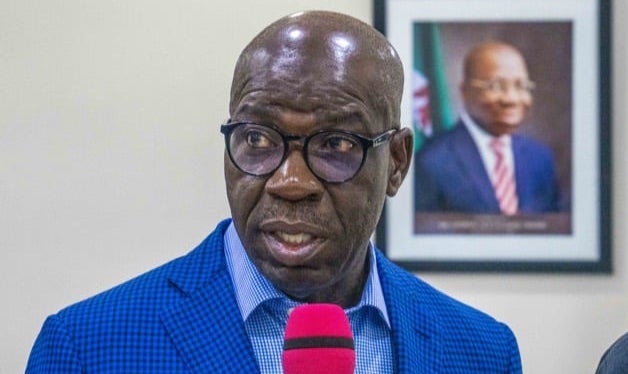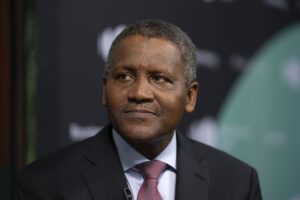
Call on me whenever, I will hand myself over — Obaseki to EFCC
As he prepares to hands over the reins of Government next week to the All Progressives Congress (APC) Candidate, Senator Monday Okpebholo, outgoing Governor of Edo State, Godwin Obaseki, has expressed his readiness to answer to the invitation of the Economic and Financial Crimes Commission (EFCC) whenever his attention is required after leaving office.
The Governor made the assertion during the EdoBEST National Results-Sharing Session.
Speaking, Obaseki said, “I’m not afraid of the EFCC. Why should I be? What is important is focus. I came into office and ignored the noise, concentrating on what I felt was important, and today you can see the results,” Obaseki said. “If the EFCC calls on me, I will hand myself over; I have nothing to hide.”
The Governor pointed out that his administration has made remarkable progress, particularly in education, and asserted that he has nothing to fear regarding any allegations.
He also criticised opposition parties, particularly the All Progressives Congress (APC), for focusing on “unnecessary and silly petitions” instead of addressing the pressing issues affecting Nigerians.
Obaseki, who acknowledged the hardships Nigerians are facing, called on the APC to shift its focus from vendetta to addressing the suffering of the people. He also described his political opponents in Edo State as “bitter” and “full of vendetta,” claiming that they are jealous of the achievements his administration has made.
He also expressed his belief that the bitterness and vindictiveness in the political landscape are secondary to addressing the real challenges faced by the country. “What matters is focusing on our people and making Nigeria better. The suffering is too much. We, who are privileged, should focus on making a positive impact, not on side issues like vendetta.”
Reflecting on his legacy, Obaseki said he is leaving office with his head held high, proud of the enduring development he has brought to Edo State, especially in the education sector. He noted that his administration’s educational reforms, including the enrollment of over 400,000 children and the establishment of a technical college, would leave a lasting impact on the state.
Obaseki pointed out that, unlike previous attempts at educational reform, his administration had implemented tangible solutions.
“We are not just talking about teacher training or increasing enrollments. You can come to Edo and see the data. We have enrolled over 400,000 children, and you can identify them because the data on every child is there.”




